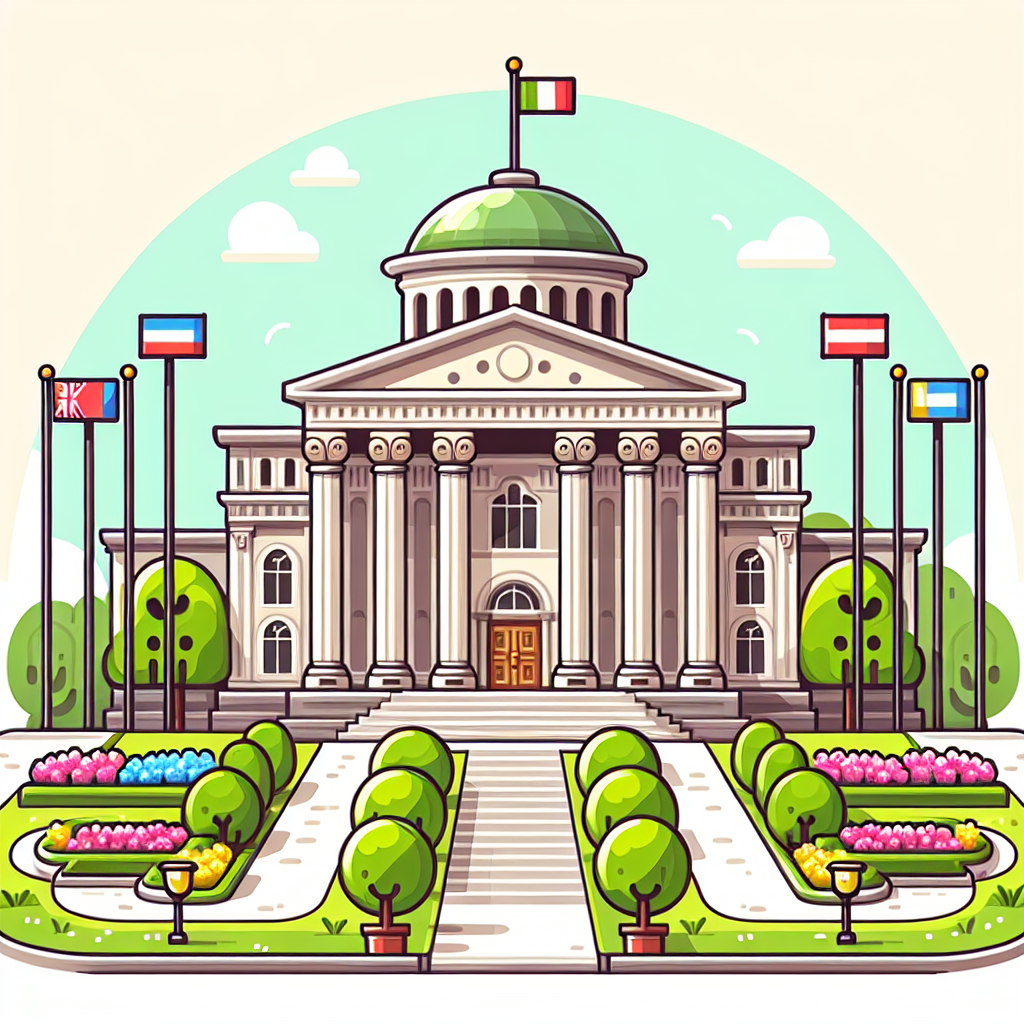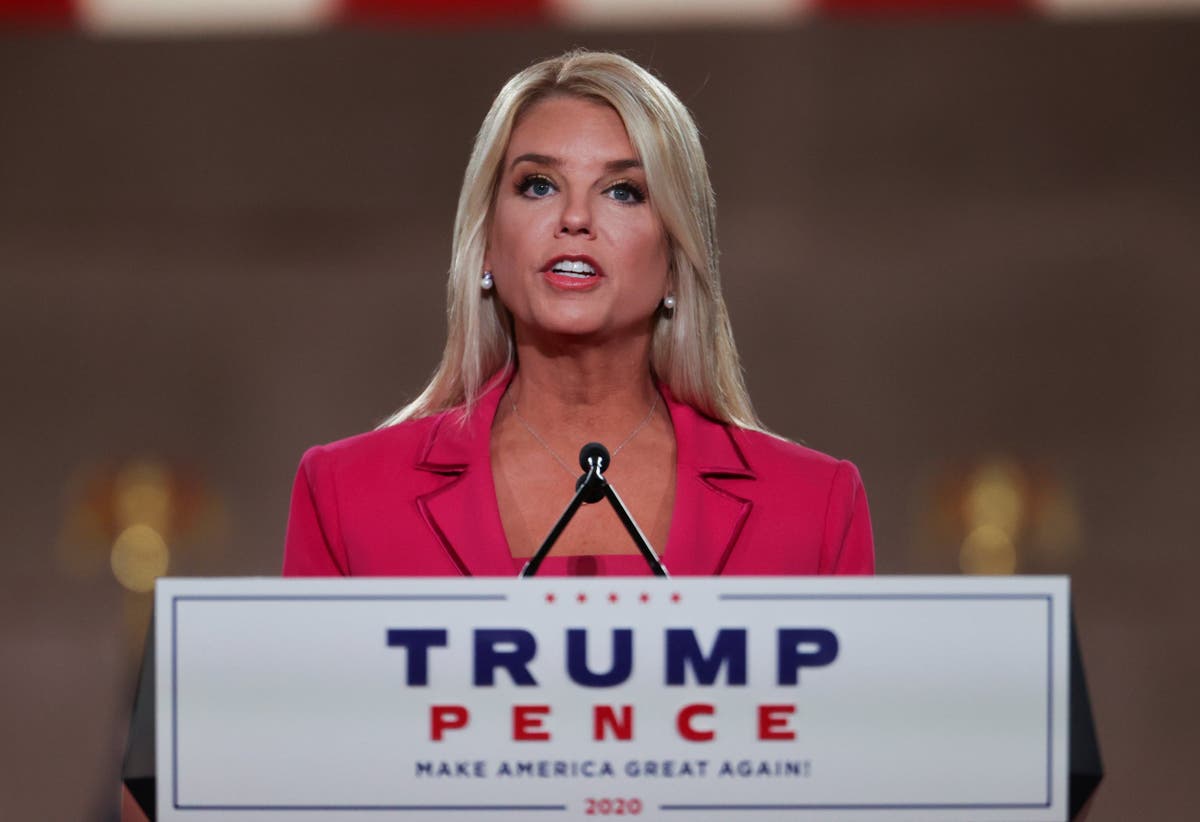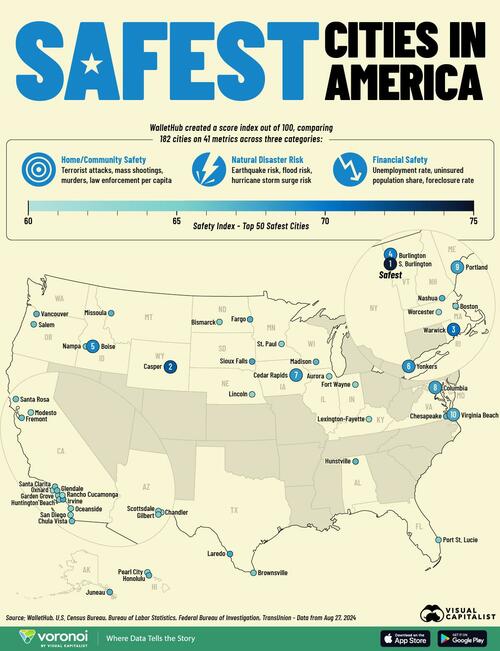
As the global economy continues to navigate waves of uncertainty, nations increasingly turn to creative economic strategies to bolster growth. In a recent move, China has added two extra holidays starting in 2025 to allow for longer breaks on some of their holidays. This adjustment is anticipated to boost consumption by giving people more time to travel, relax and spend, thus invigorating the local economy amidst ongoing global economic challenges.
It reminded me of “Holiday Economics (HE),” first popularized in the Philippines during President Gloria Macapagal-Arroyo’s administration. Originally implemented by then tourism secretary Dick Gordon, this policy aimed at boosting domestic tourism and economic activity by shifting holidays to create long weekends. However, this approach was discontinued under President Benigno Aquino III, who favored observing holidays on their actual dates to preserve their historical and cultural significance.
Holidays to increase jobs Around the world, countries leverage public holidays as a tool to stimulate economic activities and employment. For example, Japan’s “Golden Week” and the United States with its Thanksgiving to Cyber Monday stretch serve as annual economic boons that drive significant spikes in travel, retail and hospitality sectors. These examples showcase how structured holiday scheduling can potentially inject vigor into the economy without undermining the cultural essence of the observances.
In our country, the discussion about public holidays takes a different tone. Sen. Chiz Escudero shared his thoughts lately for reducing the number of holidays, citing concerns about their impact on productivity and workplace efficiency.
This stance highlights the ongoing debate within the country about how best to balance economic opportunities provided by additional holidays with the potential costs to business operations and overall economic output. Another challenge lies in balancing the economic benefits of creating long weekends with the need to maintain the sanctity and significance of national commemorations. Critics of HE argue that moving dates for convenience dilutes the meaning behind these days.
Yet, proponents point to the tangible boosts in domestic tourism and the enabling of small businesses to capitalize on increased consumer spending. Do we need a Holiday Economics Law? Given the evolving economic landscape and the increasing importance of tourism to the national economy, it may be time for a discussion on reintroducing HE and whether a law is needed. This discussion should consider which holidays could be moved without diminishing their significance and should engage cultural historians, business leaders and the general public to gauge broader sentiment.
An economic impact study from past implementations could forecast potential benefits and challenges with new data. As we consider these points, it’s crucial to foster an environment where both economic incentives and cultural integrity can coexist harmoniously. The question isn’t just whether HE could work again but how it can be implemented thoughtfully to ensure that while the economy grows, the cultural fabric of the nation remains intact.
By revisiting HE, we can potentially stimulate economic activity post-pandemic and reignite a national conversation about how best to balance our historical reverence with economic pragmatism. Senator Escudero’s concerns remind us that any policy change must carefully weigh the potential for economic gain against the costs to productivity and cultural significance..













